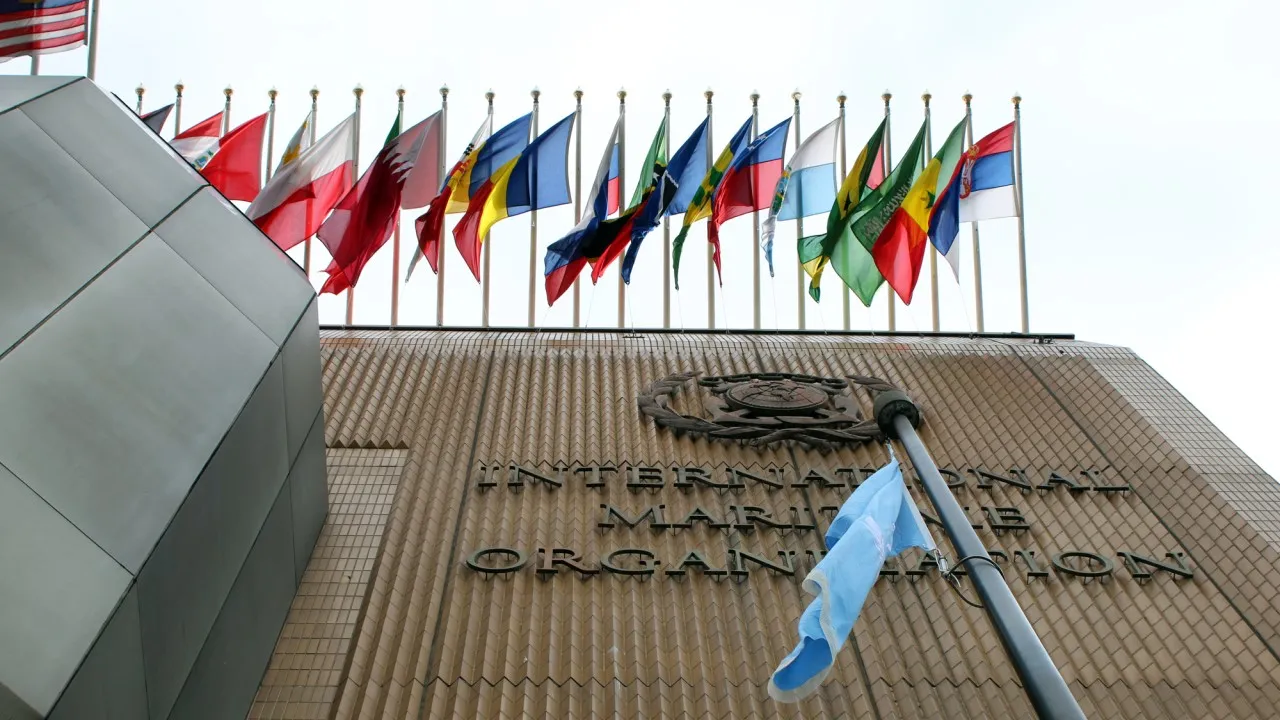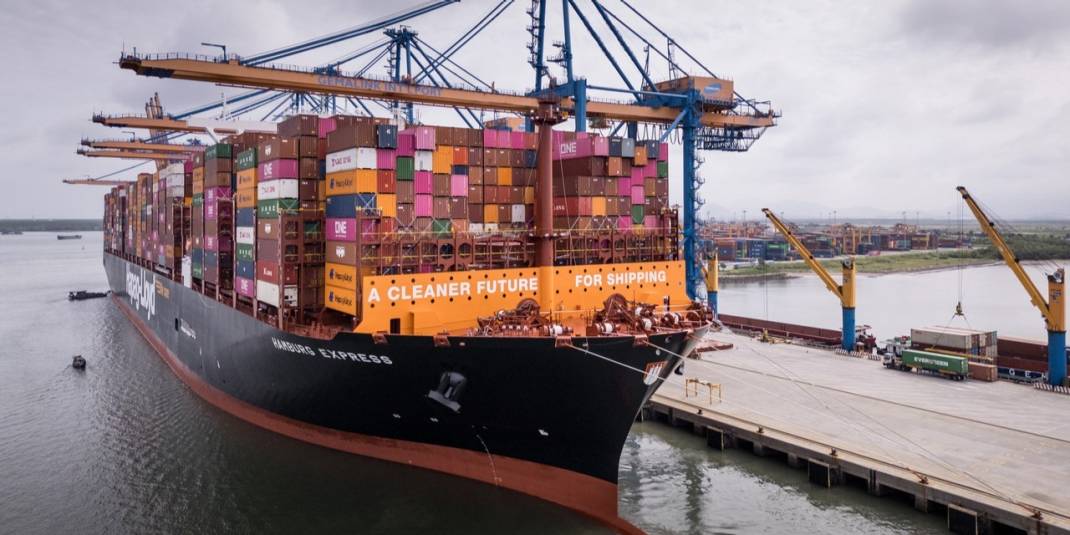Seatrade Maritime: Over 180 shipping companies back IMO net zero framework
Members of the Getting to Zero Coalition say a failure to back the IMO net zero framework next month risks “significant negative consequences” for the industry.
Battle lines are being drawn ahead of next month second IMO extraordinary MEPC meeting to decide on the adoption of the net zero framework agreed at the first meeting in April this year.
On the same day that classification society ABS called on the IMO to take a “timeout” on net zero framework the Getting to Zero Coalition, which boasts over 180 shipping company members, called on IMO member states to back the measures.
“A failure to do so risks significant negative consequences for the shipping industry,” the coalition said in a statement.
While the group noted that the transition to net zero would be challenging for the shipping sector, “regulation by the IMO is the best way to ensure that this happens fairly, efficiently, and globally”. It said it was crucial constructive negotiations continue to adopt the framework in October.
The coalition said that the transition had already begun with new vessels capable ordering alternative fuels already ordered and a supply chain for fuels being developed. Many of the companies already investing in alternative fuelled ships are also members of the coalition.
“In our view, a failure to adopt the framework risks significant negative consequences for this momentum. Prolonged uncertainty could put very large investments—ones that will be critical for the future of global trade—at risk,” it said. Every year of delays with trigger further delays down the road as projects are scrapped and new cycle would need to be started.
Related:ABS calls on IMO to pause net zero framework
“The absence of global regulatory guidance will raise the costs of change in the long run—costs that the industry, countries, and consumers will bear,” they said.
A failure by IMO member states to back the net zero framework was seen as having a wider negative impact on its role as a global regulator for shipping – something that ensures a level playing field for a global industry.
“For shipping, multilateralism is more than a high-minded political concept; it is the foundation of credible global regulation that allows the industry to do its job. The IMO’s work on decarbonisation has been challenging, but the results so far offer the industry hope that even the biggest challenges can be handled together. As we await their decisions in October, we urge Member States to reinforce that hope, and not to undermine it,” the coalition stated.
Lats month the Trump Administration in the US stated it “unequivocally rejected” the IMO’s net zero framework and threatened retaliation against states that supported it. While the US on its own cannot block the IMO’s plans it does have considerable global geopolitical and trade influence it can bring to bear on member states.
Related Posts





